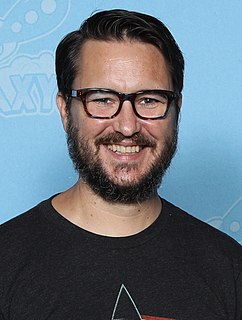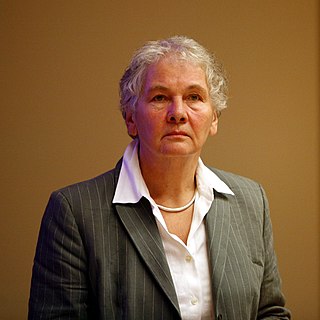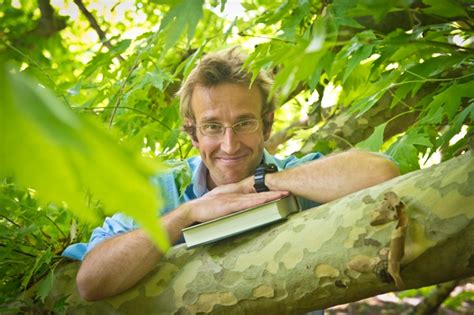A Quote by Jim Fowler
Most of what you see now emphasizes animals being dangerous to humans.
Related Quotes
When humans act like animals, they become the most dangerous of animals to themselves and other humans, and this is because of another critical difference between humans and animals: Whereas animals are usually restrained by the limits of physical appetites, humans have mental appetites that can be far more gross and capacious than physical ones. Only humans squander and hoard, murder and pillage because of notions.
We believe we're seeing, in other animals, a process, or an attribute, that isn't fundamentally different from what we see in humans, so it seems to us to be spurious to call them different things. Now there are aspects of human culture that we don't find in animals, and that's really interesting, but there are also probably aspects of animal cultures that we don't find in humans, and that's really interesting.
Humans — who enslave, castrate, experiment on, and fillet other animals — have had an understandable penchant for pretending animals do not feel pain. A sharp distinction between humans and 'animals' is essential if we are to bend them to our will, make them work for us, wear them, eat them — without any disquieting tinges of guilt or regret. It is unseemly of us, who often behave so unfeelingly toward other animals, to contend that only humans can suffer. The behavior of other animals renders such pretensions specious. They are just too much like us.
Humans are animals and like all animals we leave tracks as we walk: signs of passage made in snow, sand, mud, grass, dew, earth or moss.... We easily forget that we are track-markers, through, because most of our journeys now occur on asphalt and concrete--and these are substances not easily impressed.
Those who consume animals not only harm those animals and endanger themselves, but they also threaten the well-being of other humans who currently or will later inhabit the planet. ... It is time for humans to remove their heads from the sand and recognize the risk to themselves that can arise from their maltreatment of other species.
The love I have for our wildlife is so great, it fills my world. After Black Saturday I saw a world that was black and white, void of animals and humans. What I missed most was the love and life of living with the wildlife. Each day I think of the ones gone and there is a deep hole in my heart. I did not miss the humans or the sounds they make, I missed the animals the sounds of peace and love that came from them. Such beauty and harmony with nature, only animals can be that smart.
Typically, defenders of experiments on animals do not deny that animals suffer. They cannot deny the animals' suffering, because they need to stress the similarities between humans and other animals in order to claim that their experiments may have some relevance for human purposes. The experimenter who forces rats to choose between starvation and electric shock to see if they develop ulcers (which they do) does so because the rat has a nervous system very similar to a human being's, and presumably feels an electric shock in a similar way.



































